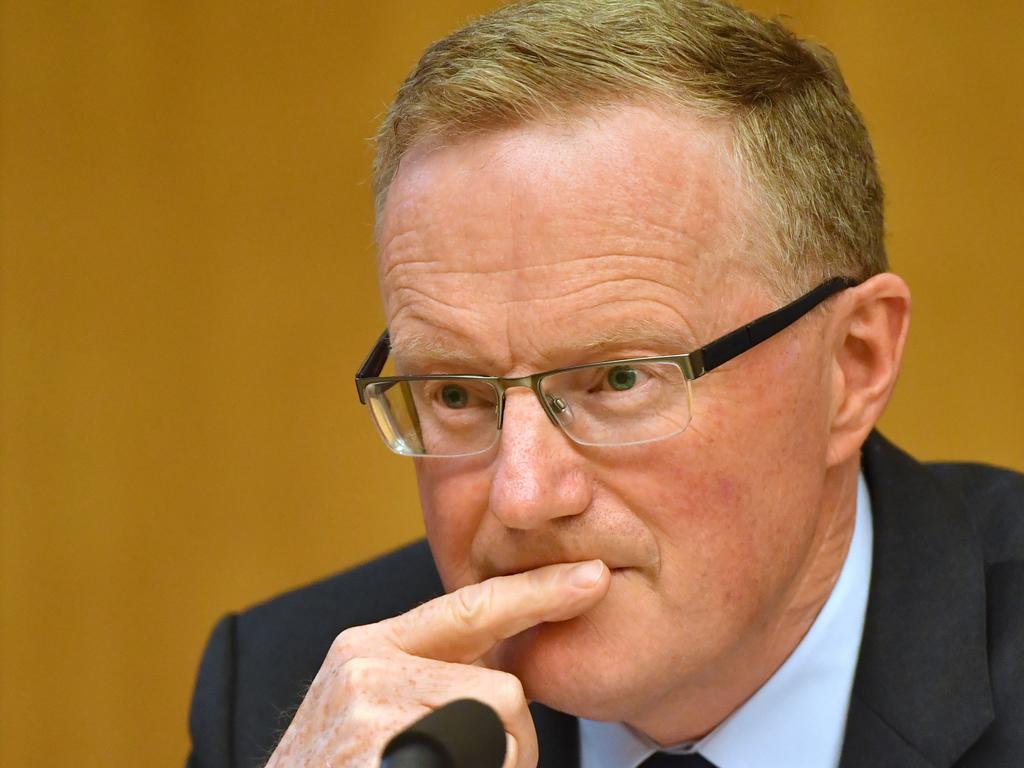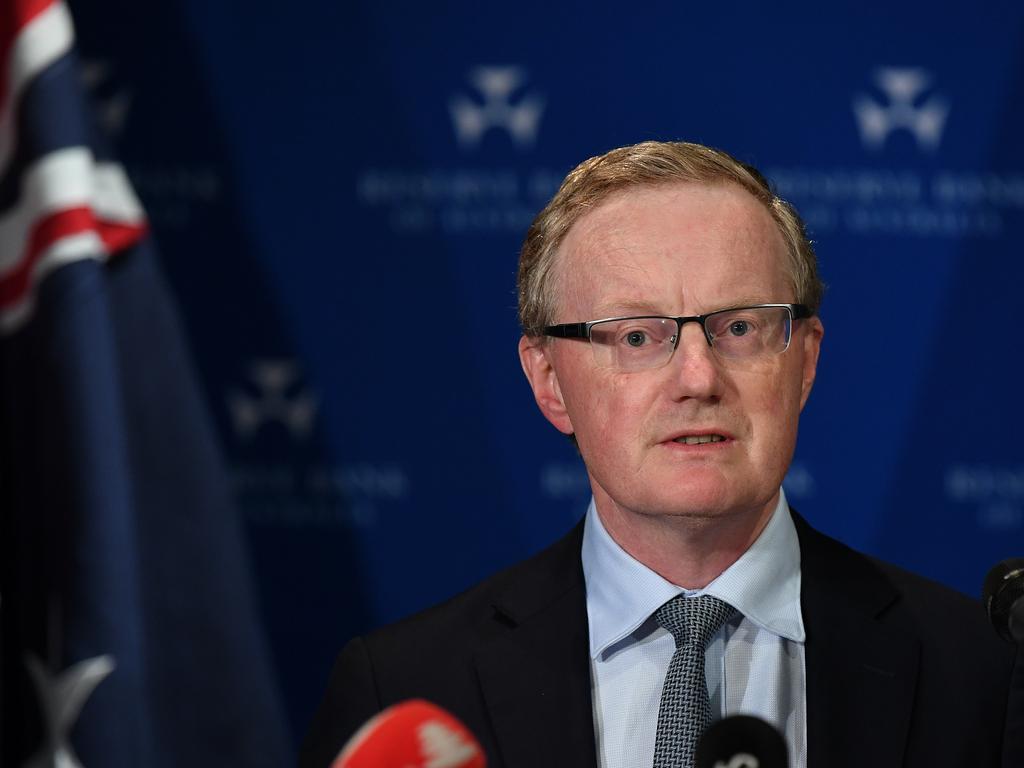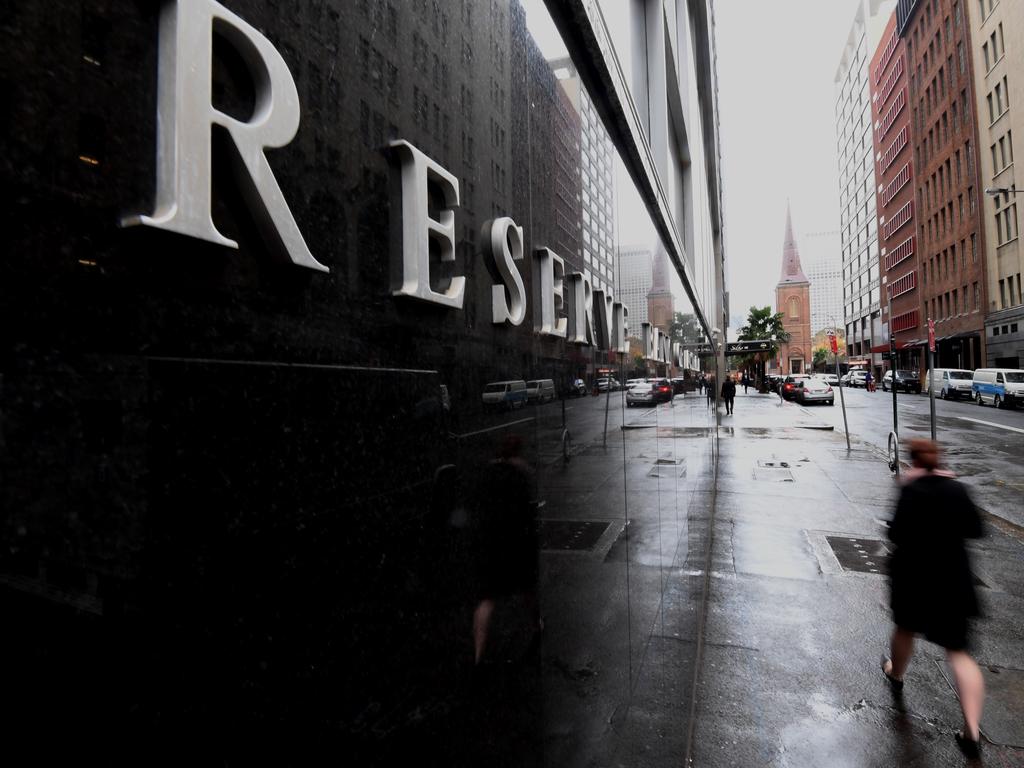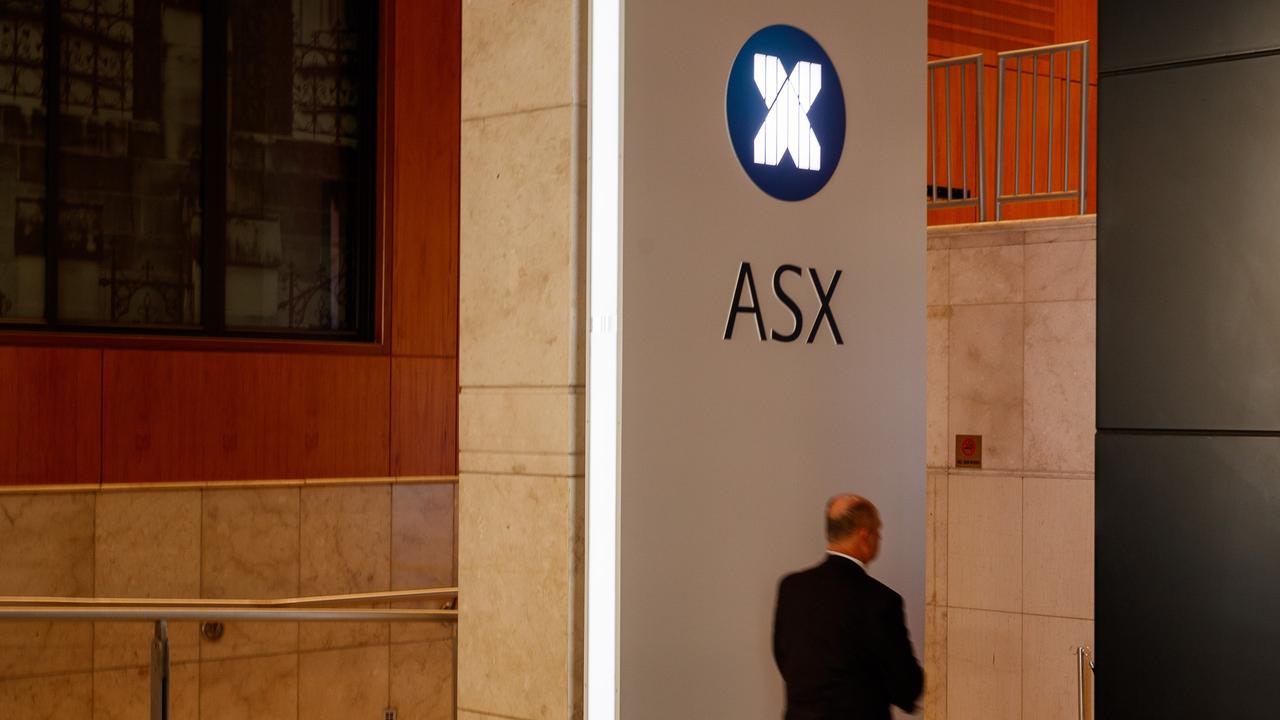Reserve Bank says cash rate now at ‘effective lower bound’
Faced with a ‘very material economic contraction’, the RBA says the usefulness of interest rate cuts has come to an end.
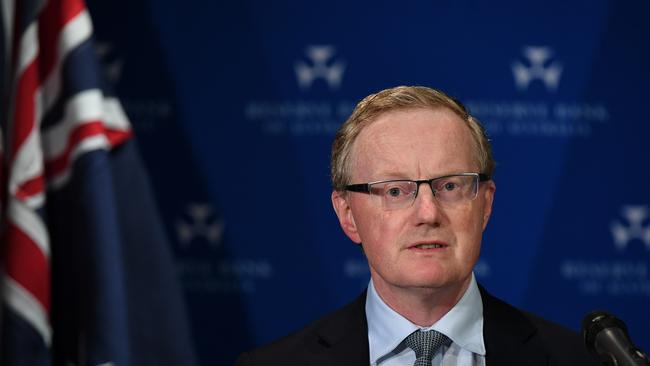
An expected “very material economic contraction” and panic selling in global financial markets as a result of the coronavirus pandemic drove an unprecedented package of monetary measures, minutes from the March 18 emergency Reserve Bank board meeting showed.
The minutes, released on Wednesday, also formally confirmed the end of conventional monetary policy for the foreseeable future, as board members “agreed that the cash rate was now at its effective lower bound” of 0.25 per cent, and that there was “no appetite for negative interest rates in Australia”.
Board members reiterated they expected the cash rate “would remain at a very low level for several years”.
External board members were present via video conference at the RBA’s first out-of-cycle meeting since 1997.
In the meeting, the board approved a 0.25 percentage point rate cut, a $90bn three-year term facility to provide cheap cash to banks to lend on to business, and an open-ended commitment to buy bonds to keep three-year rates at 0.25 per cent.
The minutes highlighted the difficulty in forecasting the damage to the economy from the health crisis and the measures taken to combat it, which has decimated segments of the economy and propelled thousands onto welfare.
Still, RBA board members noted that “it was likely that Australia would experience a very material contraction in economic activity, which would spread across the March and June quarters and potentially longer”.
As was flagged by RBA governor Philip Lowe on March 19, interventions in the bond market to push three-year yields down to 0.25 per cent “would be maintained until progress was made towards the bank's goals of full employment and the inflation target”, the minutes read.
Board members also “expressed the view that it would be appropriate to remove the yield target before the cash rate itself was raised”.
On the $90bn credit facility, the board “endorsed the proposal that no additional allowance be available to finance growth in lending for housing”.
In the first seven days of its bond-buying program, the RBA has bought $22bn of Commonwealth government bonds, and a further $5bn of state government securities, according to ANZ.
ANZ rates strategist Jack Chambers said it was “not unrealistic” to think the RBA could buy as much as a half of all government bonds issued in the coming 15 months.
“Indeed, this could turn out to be a lower limit of its share,” Mr Chambers said.
Economists at UBS estimate that in order to pay for the unprecedented fiscal support, total government debt could surge by around $500bn to $1.5 trillion in the next financial year. Debt as a proportion of GDP would lift from 50 per cent to about 80 per cent, the highest since the 1950s, although still far below other major economies.
Experts believe the imminent hit to growth will be unlike anything since the 1930s Depression era. During those years, Australian government debt hit 250 per cent of GDP.
A worsening balance sheet would normally translate to higher interest rates, but Dr Lowe has stated there was “no limit” on what the RBA can buy, which will keep government borrowing costs low.


